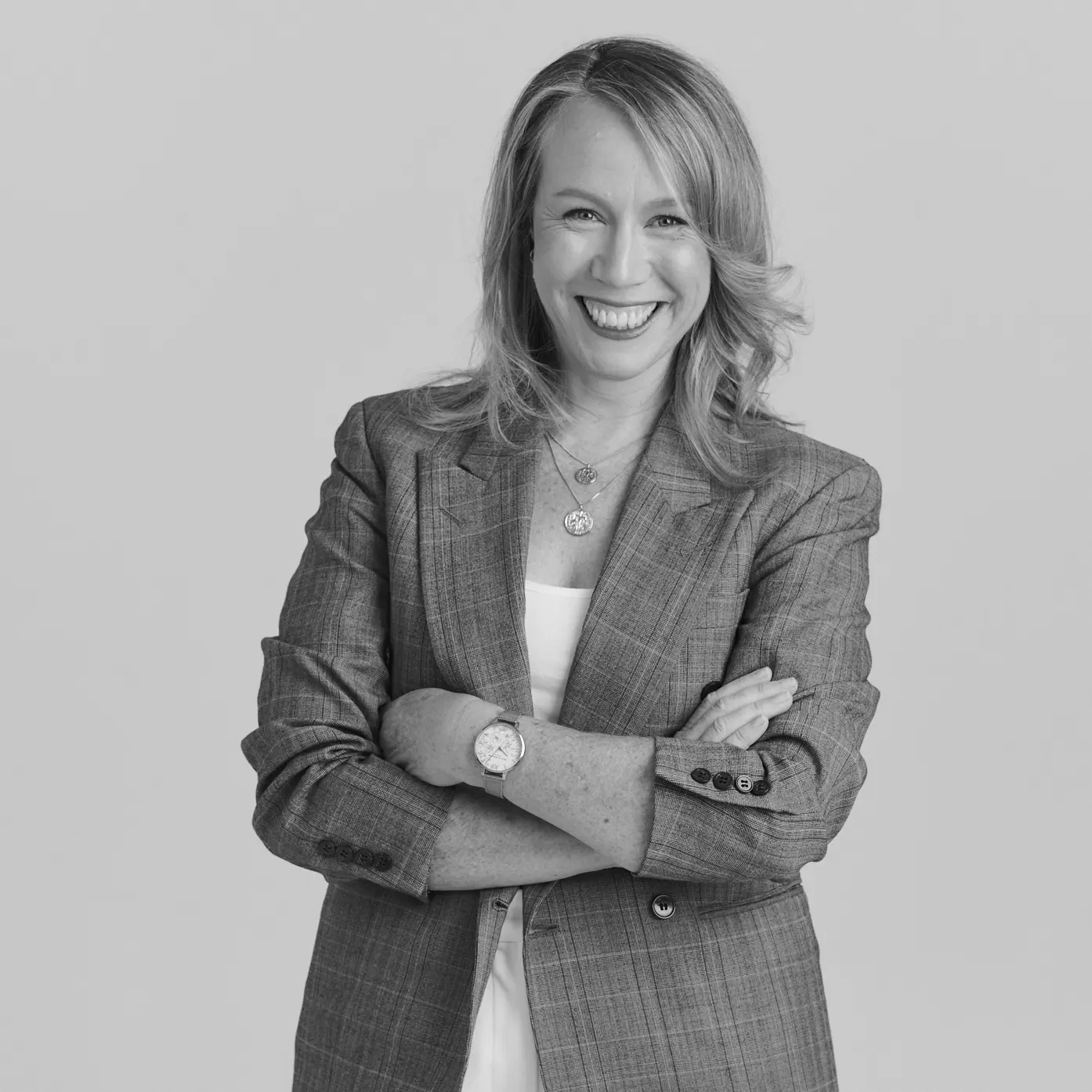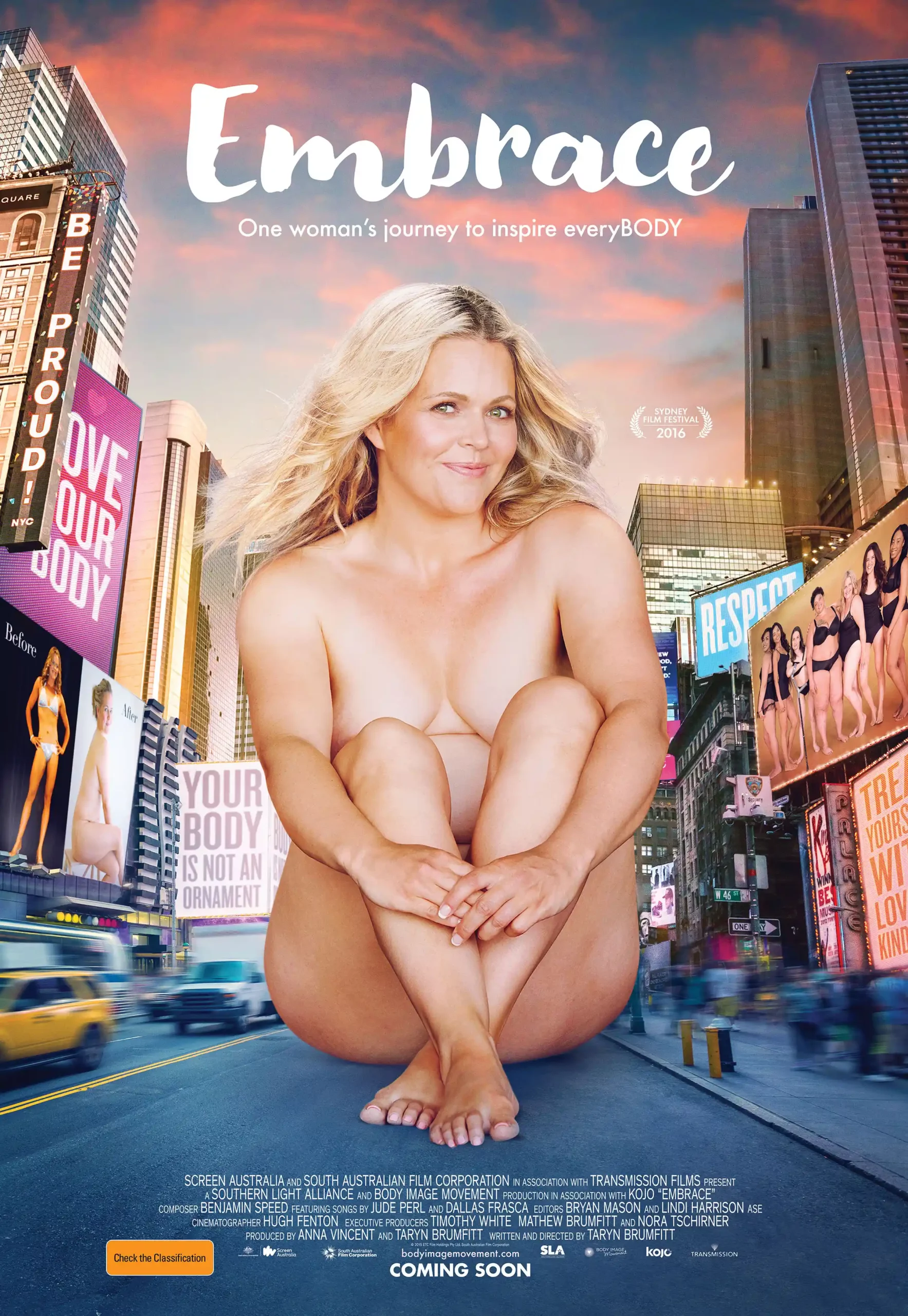There’s a lot of concern about how appearance pressures impact our children, but once they become adults, we kind of leave them to their own devices. But we all experience pressure and criticism about our appearance — from ourselves and others — and it can impact us in all domains of adulthood, including in the workplace.
Body dissatisfaction is complex and highly linked to other mental health concerns like anxiety, depression, and eating disorders, which are all well recognised as impacting on workplace productivity and wellbeing. Yet our workplace culture, diversity and inclusion initiatives rarely address how we feel about the way we look.
The Deloitte Access Economics report estimated that the combined financial and economic costs of severe body dissatisfaction in the US was $84 billion in 2019. These costs were due to the lost productivity and reduced workforce participation associated with body dissatisfaction. So what is causing all of the concerns about our appearance at work?
Mostly, it’s our words.
We are a visual species, and often the first thing that comes out of our mouths, before we’ve even had a chance to think about it, is about the way people look. “You look great, have you lost weight?”, “Looking good Jerry — have you been working out?” “Oh my gosh, did you see what Carol was wearing today? She does not have the thighs for that skirt!” You get the idea.
These comments might seem harmless, and the compliments might seem helpful, but what they perpetuate is the idea that appearance is more important than performance. Workplace cultures with high levels of commentary about appearance can unintentionally lead to pressure because we apply that perceived judgement to ourselves.
Here are some of the places to look out for harmful body commentary at work.
- In the tea room
For many people, body image comes up at work in the context of what we are doing to try to change our bodies. Gina will be spruiking her latest diet. Max is enthusiastically shaking up his pre-workout snacks. Noni sighs as she refuses the slice of birthday cake, then starts telling you how much weight she has to lose to fit into her dress for her daughter’s wedding.
Food and bodies are often a topic of conversation in the tea room and the type of conversations can be problematic, particularly for people who had eating concerns in the past. These social norms around food can then create a negative influence on employee health and wellbeing.
One of my previous colleagues, Mia, wasn’t really worried about her weight until the constant commentary about carbs in the tea room made her feel self conscious about her leftover pasta. She started bringing salads and doing the latest diet fads to fit in. “Every single lunch time, it’s ‘oh I could never get away with eating that’. This constant comparison, critique, and conversation about food. We hear all about the latest diets, how ‘naughty’ they were over the weekend, and how much they wish they were eating something other than a cup-a-soup. These messages crept into my head and made me really self conscious about what I was eating and about my own body.” After a while, Mia started to notice that she was thinking more about food than work, had trouble concentrating in the afternoons, zoning out in meetings and struggling to meet her deadlines.
- In the boardroom
Observe any highly competitive workplace and industry, with lots of stress and pressure, and you will likely see a lot of (mostly women) who look ‘healthy’ but might have underlying disordered eating. Studies have found that people in professions like law have significantly higher scores on measures of disordered eating attitudes and behaviours. Junior lawyer Annabel told me, “We all had to work so hard to get noticed. My perfectionism went into overdrive and the eating disorder I thought I had overcome from my teens resurfaced”.
There’s a bigger conversation about hustle culture to be had here, but many of the problems stem from things that are quite problematic being normalised, like 14-hour work days, working through lunch, or exercising excessively.
- On Zoom
Think that remote workers are immune? Think again. I conducted a study with my colleagues and found that people’s work performance was negatively affected when they were distracted by their own appearance in video conferences. It was even found to be associated with increased drive to get cosmetic surgery. Seeing yourself in the mirror for as little as 2.5 minutes can lead to increased appearance dissatisfaction, and now we’re spending hour after hour online, watching ourselves talk in meetings! Worrying about our appearance has a significant negative impact on work performance. People weren’t speaking up because they didn’t want to be the box featured on the screen, and this was more prominent among those who were susceptible to eating disorders.
- Performing a public role
In some workplaces, there are standards of dress or rules about covering tattoos, but what about the unspoken culture around body weight and appearance? A prominent Australian journalist told me she felt that she had to have botox, fillers, her hair done and teeth whitened in order to get air-time for a story she was working on. She knew that this reinforced the pressure on other women to do the same, but she couldn’t figure out how to break the cycle. Online trolls already criticised her appearance when she was on TV, how would they react if she didn’t do all of those things?
This happens in professions in the public eye, but also business owners, corporate professionals, and women in client-facing roles — many of whom end up hiding at their desk because they don’t think they look good enough that day, week, month, or year. This holds (mostly) women back from achieving their full potential.
It plays out in lots of different ways: Becky doesn’t put her hand up to do the client pitch because, even though she is the most prepared, she doesn’t feel like she is attractive enough. Liz hasn’t been able to save up enough for orthodontic work, so she doesn’t write herself into the employee training video. Kate is waiting until she loses 5kg to take a new professional headshot. Dominique knows the sort of comments other women get when they try to speak up at a meeting, so she stays quiet. And, Mike, a really talented salesperson, doesn’t want to present at the conference because he is shorter than the other people on the team and he doesn’t feel like he can deliver a powerful performance.
- In HR
Biases based on people’s weight and appearance are deeply held across many sectors. In studies on biases in workplaces, researchers printed out two copies of the same resume and attached a photo of a thin candidate on one and someone in a larger body on the other. The thinner person was significantly more likely to be recommended for the role, regardless of skills and experience.
That’s why Carla was often told that she ‘wasn’t the right fit’ for the executive assistant roles she was going for. “I could tell it was more about the size of my body than what I was capable of, but I didn’t speak up because I was ashamed,” she says. Workplaces could be missing out on top candidates because of these innate biases around appearance.
The solution
Our work and our lives are impacted by these seemingly innocuous comments and conversations, and the potential outcome of body image distress and eating disorders.
So what can we do about it?
- Be aware of the conversations that are happening around bodies and appearance in your workplace. Redirect talk about diets at lunch to other topics. Firmly but gently remind colleagues that jokes and banter about physical appearance are not funny, and not ok.
- Try to ensure that your compliments aren’t based on appearance. Tell your colleagues what you value about their work and achievements rather than their skin or their outfit.
- Manage online meeting dynamics and settings so that all members can contribute.
Our words matter at work, and we need to use them well.
The Body Image Movement offers expert advice and bespoke packages to help organisations improve employee wellbeing. FInd out more about the Embrace@Work program.




